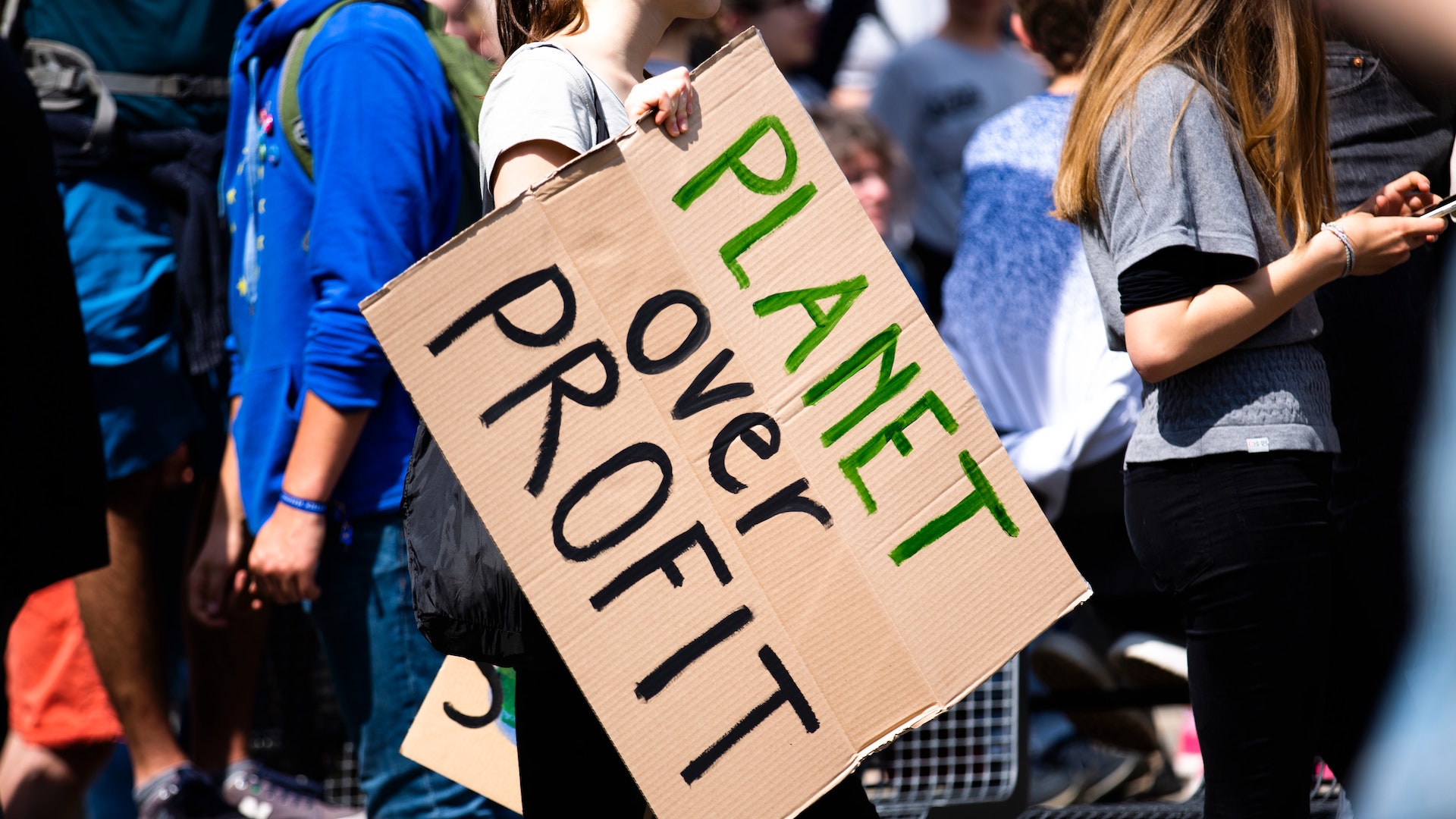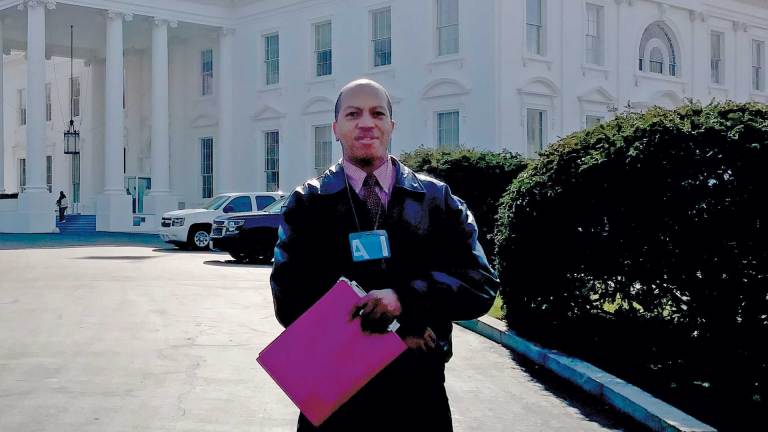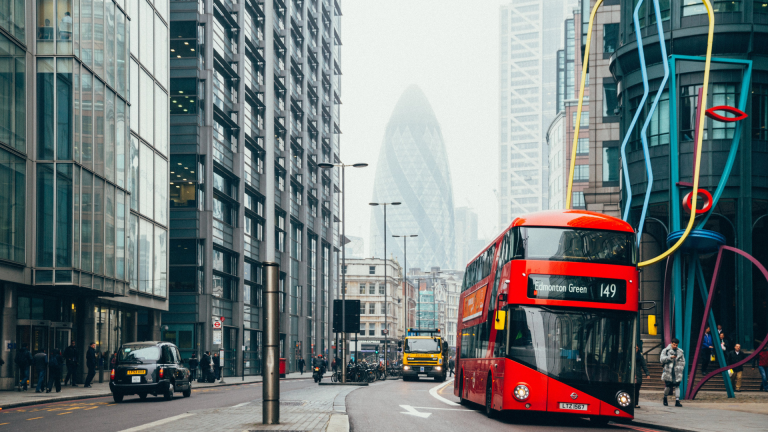The past year and a half has been marked by tragedy, upheaval and loss. Thanks to the Covid-19 pandemic, our lives have been locked down, our freedoms curtailed, our hospitals brought to the brink and our children forced from their classrooms. You would be forgiven for thinking that the last thing we need now is to shake things up further. Surely, the sooner we are back to normal, the better.
That certainly seems to be the impression from the G7 summit. While Boris Johnson and other world leaders reaffirmed their goals of limiting global heating to 1.5C and protecting and restoring 30 per cent of the natural world by the end of the decade, the long-term investment to pay for these ambitions and the broader, holistic approach that tackling such a complex problem requires was largely absent. As a prelude to COP26, the crucial UN climate talks that the UK will host in Glasgow in November, it was somewhat disappointing. More business as usual.
But that is precisely the opposite of what the public craves. According to research by the More in Common think tank, two in three people now feel that we should seize the opportunity to make important changes in our society.
How can a politician elected for a five-year term, a scientist with a three to five year research grant or a chief executive in post for an average of five years hope to build long-term risk-based thinking into their decisions when their horizons are so limited?Gisela Abbam, chair of the British Science Association
Earlier this month, the British Science Association (BSA) published a report entitled Build Better, which considers what can be learned from the Covid-19 pandemic to construct a resilient, innovative and prosperous future for all. The answer is not more of the same.
The report reflects on a series of online events and roundtable discussions held in February and March this year as part of For Thought, a unique thought-leadership programme from the BSA and partners, in which 250 leaders from the worlds of business, science and research, policy and civil society came together to examine three themes: resilience, innovation and environmental prosperity. The overriding conclusion was that now is the time for a bold, innovative and far-reaching approach.
The pandemic has undoubtedly done a great deal of damage to lives and livelihoods. But it also offers a once-in-a-generation opportunity to tackle inequality, reappraise how we value our key workers (often some of the lowest paid members of our society), and consider how we organise decision-making processes and the way we prepare for future crises.









